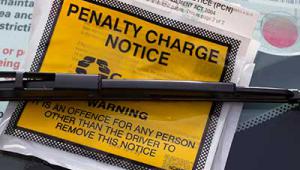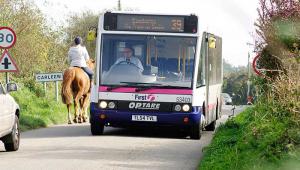The government has backed this with £255m to help implement these plans, and a Clean Air Fund – of as yet unspecified size – to which councils can bid for support.
Environment secretary Michael Gove’s move came after a lengthy legal dispute in which the High Court twice rejected government plans to counter NO2 as so inadequate as to be unlawful, and ordered ministers to produce something better.
Earlier versions of the government plan were largely concerned with new duties for local authorities, but without any extra funds.
Local Government Association environment spokesman Martin Tett said: “Councils want to switch their focus from simply monitoring air quality to improving air quality. It is right that the government’s plan recognises the vital role councils have to play in achieving this and we are also pleased it recognises our call for extra funding for local authorities to tackle air quality.
“Councils now need to see more details to make sure these plans are as effective as possible.”
NO2 mainly arises from diesel vehicles and the government said it intended to end the sale of petrol and diesel cars by 2040.
Gove said air quality had improved significantly in recent decades, with NO2 levels down by 50% in 15 years.
But 81 major roads – 4% of the total – breached legal pollution limits, of which 48 were in London.
The government wants councils to draw up the plans – with final versions ready to implement by the end of 2018 – because tackling this form of pollution effectively is dependent on local knowledge.
They will be able to support improvements such as changing road layouts, removing traffic lights and speed humps or upgrading bus fleets.
Restrictions such as banning the most polluting vehicles from affected roads and introducing charging schemes may be used but the government said these measures should be used only when other options were exhausted and be time limited so that they would end once pollution was reduced to within legal limits.
Gove said: “Today’s plan sets out how we will work with local authorities to tackle the effects of roadside pollution caused by dirty diesels, in particular nitrogen dioxide.
“Improving air quality is about more than just transport, so next year we will publish a comprehensive Clean Air Strategy. This will set out how we will address all forms of air pollution, delivering clean air for the whole country.”
Tett said the need for local knowledge in devising anti-pollution measures made it essential that councils “have the flexibility to deliver their own plans to improve air quality in their areas, particularly with regard to clean air zones as well as expanded road and traffic measures”.
A government consultation in the autumn will examine measures to help owners of polluting vehicles cope with the changes, such as vehicle retrofitting, subsidised car club memberships and scrappage schemes.




















